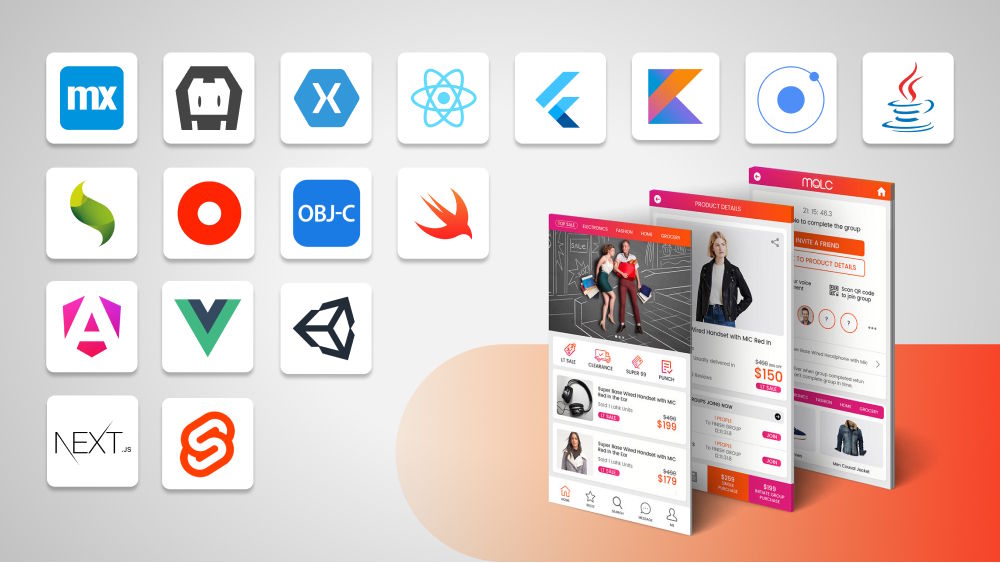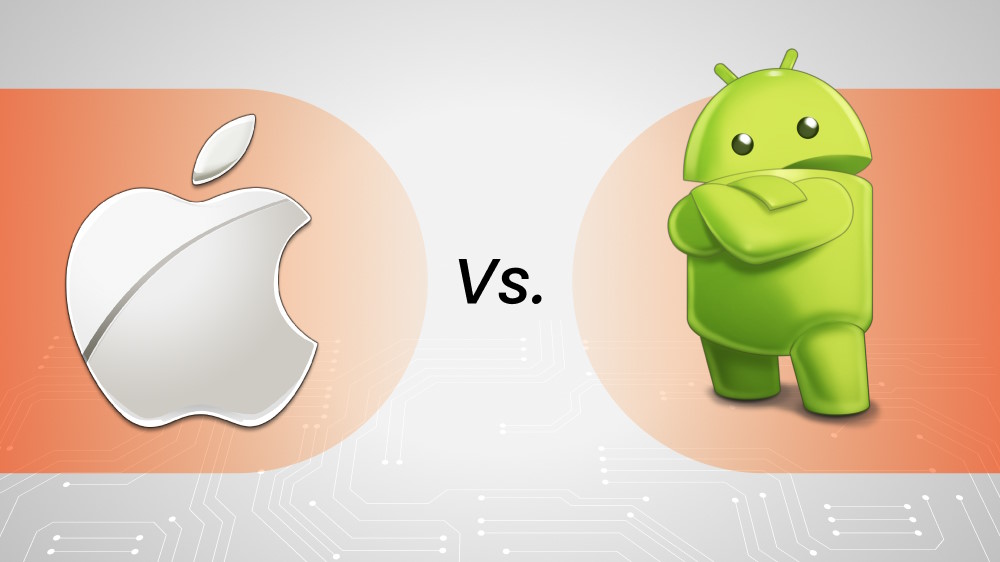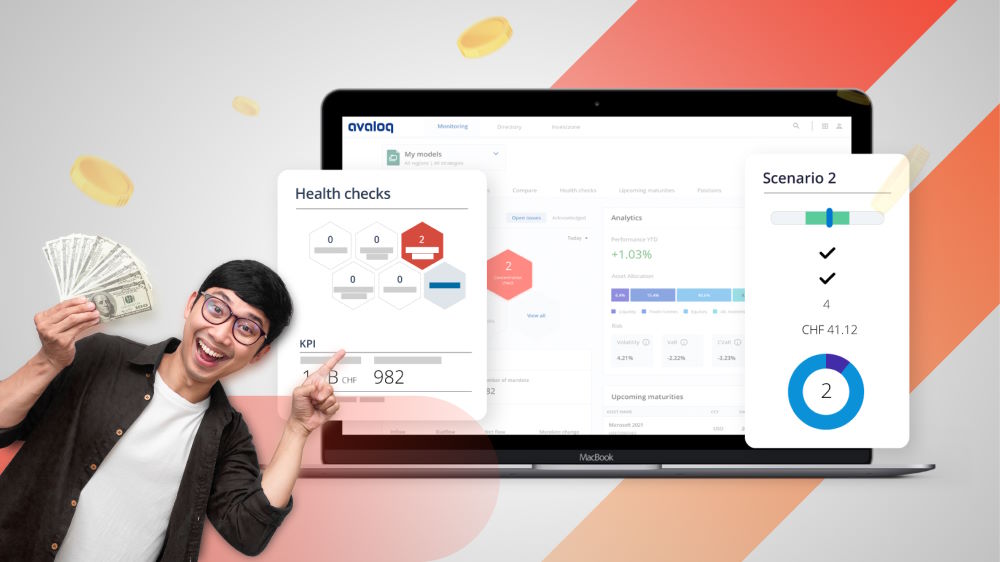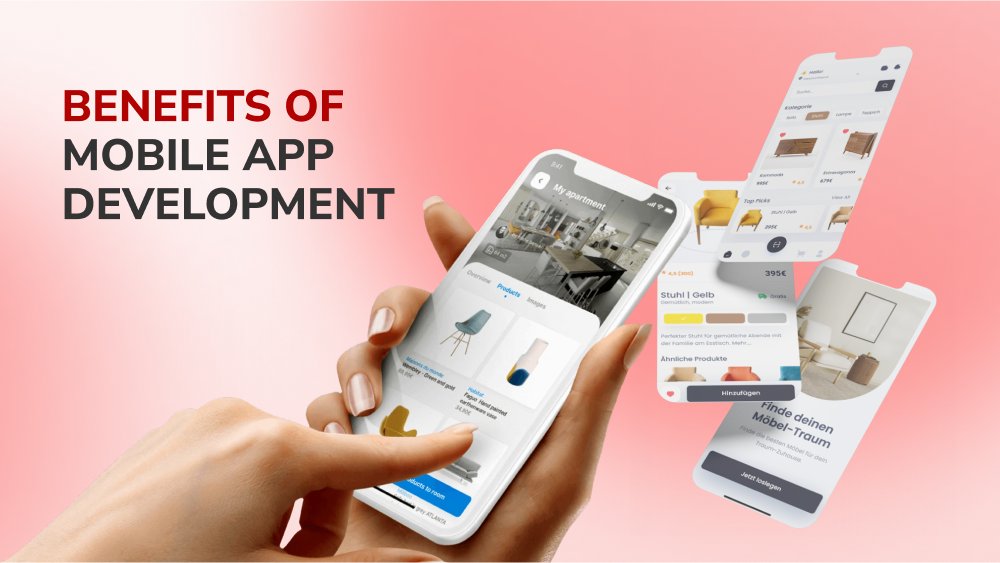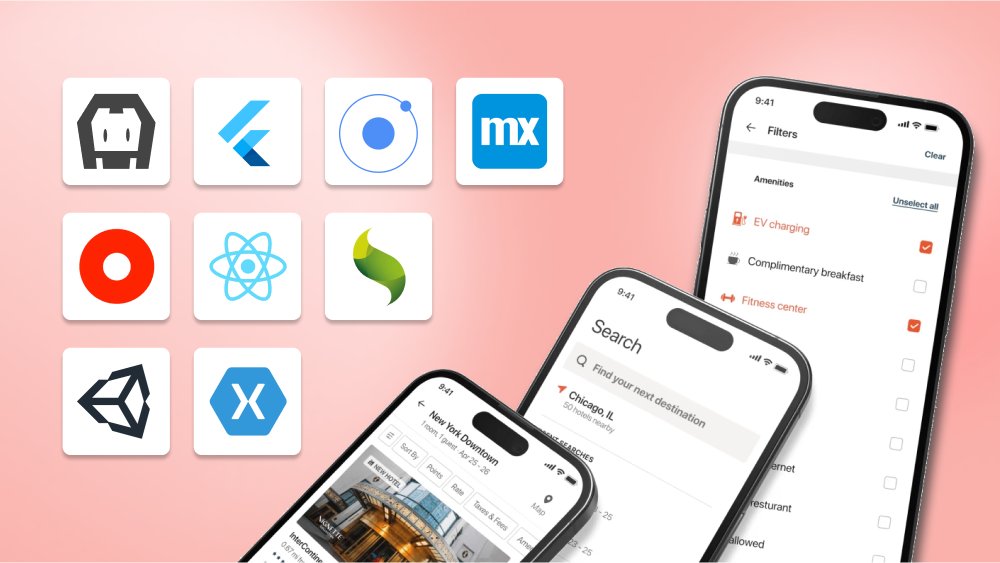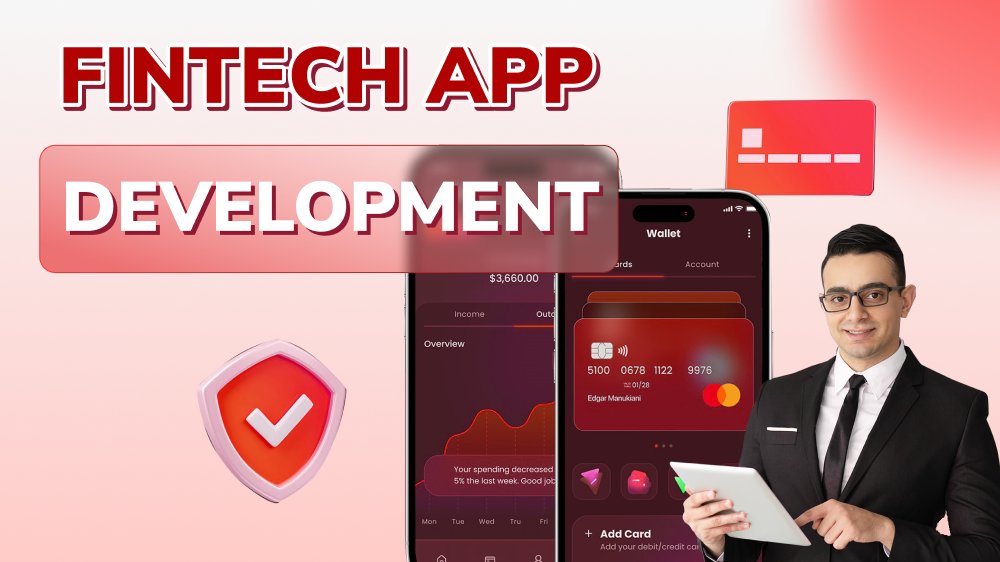Understanding IoT Mobile App Development: Explained in Detail
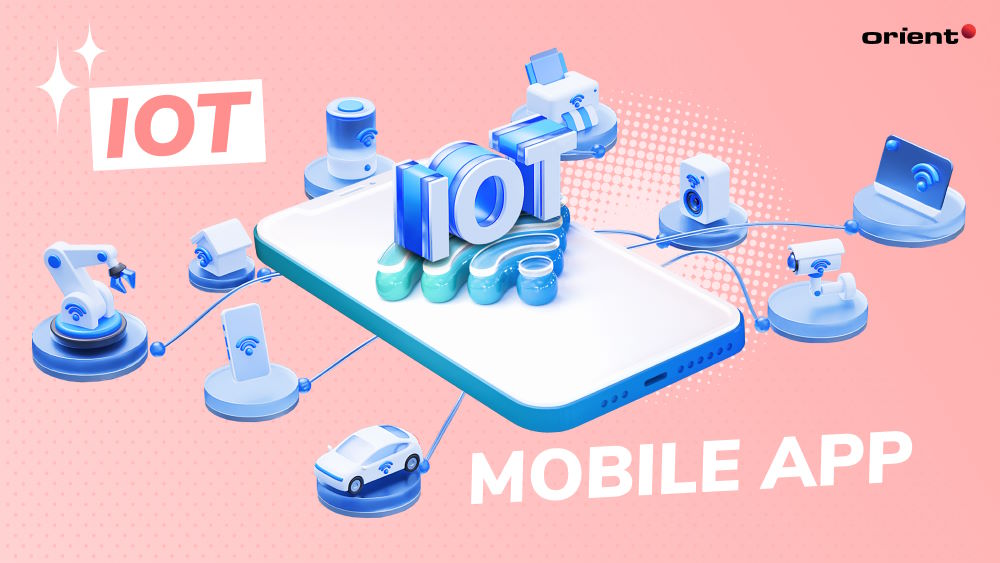
Content Map
More chaptersIoT (Internet of Things) is a technology of the future that is already becoming a reality in recent years. Thanks to the help of IoT, the way humans function on a daily basis has changed. Instead of performing all tasks manually, with just an Internet connection, people can now simplify complicated tasks, track the status of connected devices and improve their quality of life.
Not only enclosed with various physical objects such as sensors, actuators, vehicles, etc., but IoT technology is also far more out of the curve when combined with mobile devices. IoT mobile app development has opened up a myriad of possibilities and taken technology to new heights. Mobile devices act as a gateway to control and interact with IoT systems, making them an integral part of the IoT ecosystem.
What is the real scenario behind this relationship? How does adopting IoT technologies affect the development of mobile apps? All will be answered in this article.
Why Business Adopts IoT in Mobile App Development
IoT application development brings many benefits to businesses. However, that is not the only reason organizations, regardless of size, are increasingly adopting this technology in mobile applications.
The Rise of Mobile Devices
Mobile devices operating worldwide have grown to over 1 billion in just one year. As access to modern technology in countries continues to grow exponentially year after year, this technology convergence has opened up many favorable opportunities and possibilities for businesses and developers alike. How?
The widespread adoption of mobile devices like tablets and smartphones creates a massive user base for IoT mobile applications. Today’s businesses no longer have to find customers manually when they can fully utilize the resources available from the IoT market. The more people use smart physical devices, the more fertile the customer network will be. The expansion of IoT systems makes us expect even more innovative and impactful IoT mobile apps to emerge and transform various industries.
Needs of User Experience Enhancing
Whether developing billing software or building an auction website, customer satisfaction is indeed one factor determining a business’s survival. To retain such potential sources, it is the business’s job to constantly update new trends and familiarize themselves with customer behaviors. Fortunately, no technology can help businesses address customer journeys more clearly than the Internet of Things.
Have you ever wondered why smart devices have the ability to automatically adjust your lighting and temperature? Yes, rely on your own habits in the process of using consumer IoT devices. By connecting IoT sensors to mobile applications, companies of any size easily collect valuable data about user behaviors, preferences, and usage patterns. These seemingly meaningless data are tailored to the app experience for specific users, thus providing personalized recommendations and improving the user experience.
Long-term Cost Optimizing Necessity
Cost is always a headache for businesses as they have a bunch of things that need to be maintained and upgraded out there. Many organizations adopt IoT in mobile app development to optimize software ROI (Return on Investment) because it offers various cost-saving benefits that can positively impact a business’s bottom line compared to traditional ones. The IoT app development cost is undeniably high at the beginning due to its complexity; however, where cost savings can be realized in the long-term operational efficiency provided by IoT mobile apps.
Specifically, real-time data on IoT-based mobile apps provides a huge amount of information about customers through the habit of using mobile solutions, extracting actionable insights without investing in traditional information collection methods. IoT devices connected facilitate remote monitoring and control capabilities, eliminating manual intervention or on-site visit needs. Altogether, they completed the cost-saving opportunities for businesses when implementing IoT mobile app development.
Challenges in Adopting IoT Development to Mobile Apps
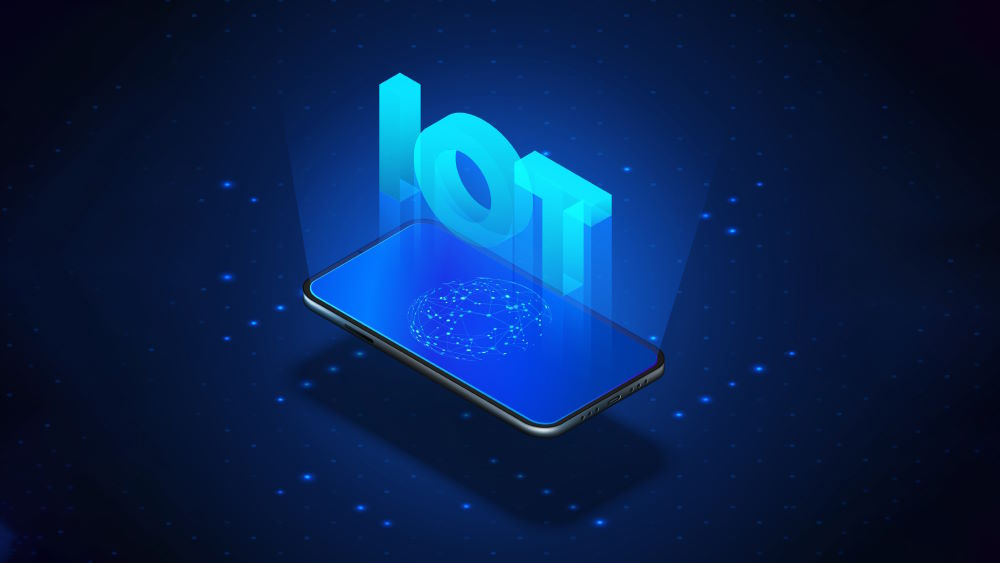
While IoT mobile applications offer operational challenges and improved decision-making, in order to optimize their potential strengths, businesses should carefully consider the following before evaluating IoT devices for mobile applications.
Security and Privacy Concerns
With the increasing number of IoT devices and their integration with mobile apps, security, and privacy become major concerns for enterprises. The vast source of real-time data that IoT constantly adds to the big data system always contains various cybersecurity threats for many different reasons.
Because IoT devices provide and exchange information with each other through various networks and protocols without human intervention, as long as there is an intrusion of unauthorized third parties, a breach of communication channels immediately occurs. Weak passwords, outdated firmware, or lack of encryption can also be factors that make IoT mobile apps vulnerable and easily fall prey to unsuspecting hackers.
Compatibility Issues
Ensuring IoT mobile apps work seamlessly on both Android and iOS platforms without any compatibility problems is one of the key challenges businesses may face during the development process. You cannot develop a mobile application that runs smoothly on Android but not iOS. In contrast, an iOS IoT app cannot have different functionality and user experience compared to Android.
There are many reasons for this, mainly because of the noticeable technical requirements difference between the two platforms. iOS development and Android development require IoT mobile app developers to separate operating systems, programming languages, and frameworks, which may cause compatibility and complexity issues. While both aim for a user-friendly interface, distinct design guidelines, and paradism make it difficult for software engineers to maintain consistency. Hardware and sensor variations and device fragmentation also raise concerns of businesses about mobile IoT apps.
Connectivity and Network Drawbacks
IoT systems only work when there is a stable Internet connection. What if it doesn’t? Because of its heavy reliance on a network connection to maintain seamless communication between connected devices, a mobile IoT app can suffer from limitations or even become non-functional. If connectivity drawbacks are not entirely resolved with appropriate backup plans, network congestion, poor signal strength, or connectivity gaps will cause the quality of software products to be degraded and customers’ trust to be lost.
Development Complexity
IoT integration adds complexity to the development process. This sophistication arises from the unique considerations and requirements associated with the interaction of a vast ecosystem of connected devices and sensors. The large volume of real-time data provided every minute requires the enterprise’s infrastructure potential to reserve, process, and analyze in parallel. For example, the absence of a robust data management system can lead to many unwanted data quality issues.
Besides, because of the specificity of the IoT development process, only IoT app developers with technical expertise and necessary skills in the Internet of Things and mobile app development can turn your draft into reality. The developer shortage is now becoming a headache for many companies.
Best Practices of IoT Solutions Development
However, if businesses have enough knowledge and measures to eliminate the above common challenges when adopting IoT development to mobile apps, they are more likely to win the market with a successful outcome. The following tips can help you.
Secure Software Development: Implement secure software development methodology such as security assessment conducting, vulnerability scanning, and secure coding practice using from the very beginning to keep IoT applications safe and functional.
Secure Hardware Development: Providing additional layers of protection for IoT solutions by developing hardware-based security measures, Trusted Platform Module, for example.
Data Encryption: Encryption protocols can protect an IoT project from users.
Network Integration: Integrate IoT-based apps with existing networks to ensure smooth communication and interoperability.
Device Management: Issue policies, tools, and practices such as performing device firmware updates and device health to more easily manage and monitor the status of IoT devices.
Scalable Design: To accommodate the potential growth in the number of connected devices, businesses should adopt high-performance architectures and technologies.
User Interface: Prioritize user experience when designing IoT apps’ interfaces across all devices and platforms to increase customer loyalty.
Cloud Integration: Utilize cloud-based services for device management, data visualization, and real-time decision-making to enable scalable data storage, processing, and analytics.
Updates and Maintenance: Continuously update new versions with new features and conduct regular maintenance to always take the initiative when there is, unfortunately, something wrong during the operation.
Compliance and Privacy: Adhere to legal and regulatory requirements related to data privacy, security, and industry-specific standards to avoid unnecessary reputational and monetary damages.
Ready to Launch Your Mobile IoT Apps?
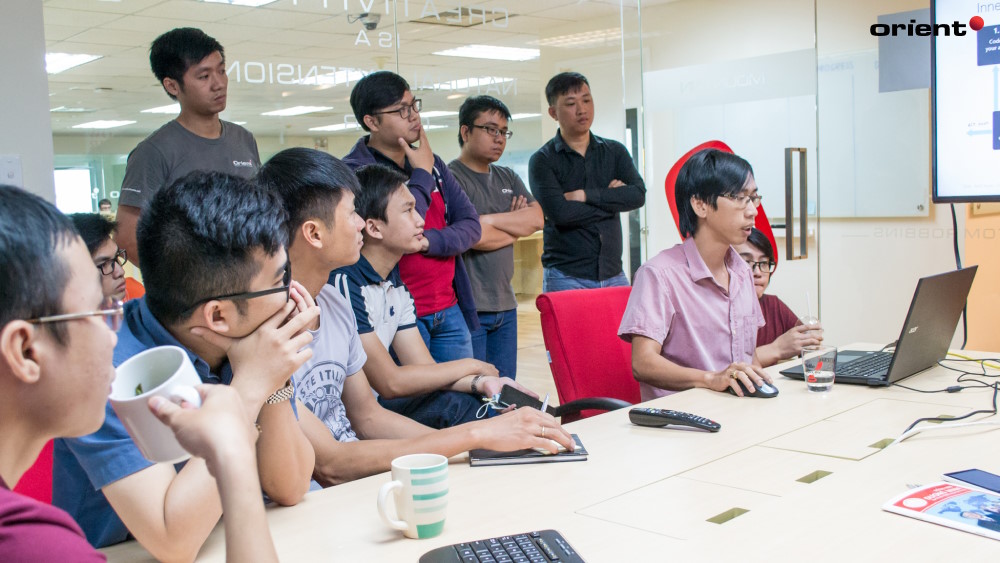
Overall, mobile app development can enhance the functionality and usability of IoT devices, making them more accessible and useful for users. It is never too late to develop an IoT mobile app, as mobile devices are growing exponentially.
Not only IoT-based mobile apps but almost every mobile app has an arduous development process. Before getting involved, don’t forget to consider any potential problems as well as the problem-solving potential of your business.
If you are still confused about interfacing IoT with your mobile solution, Orient Software can give you some helpful advice. As an experienced software development company behind the success of many projects in various areas, we satisfy customers with both Internet of Things services and mobile application development services. Give us a call for further discussion.

